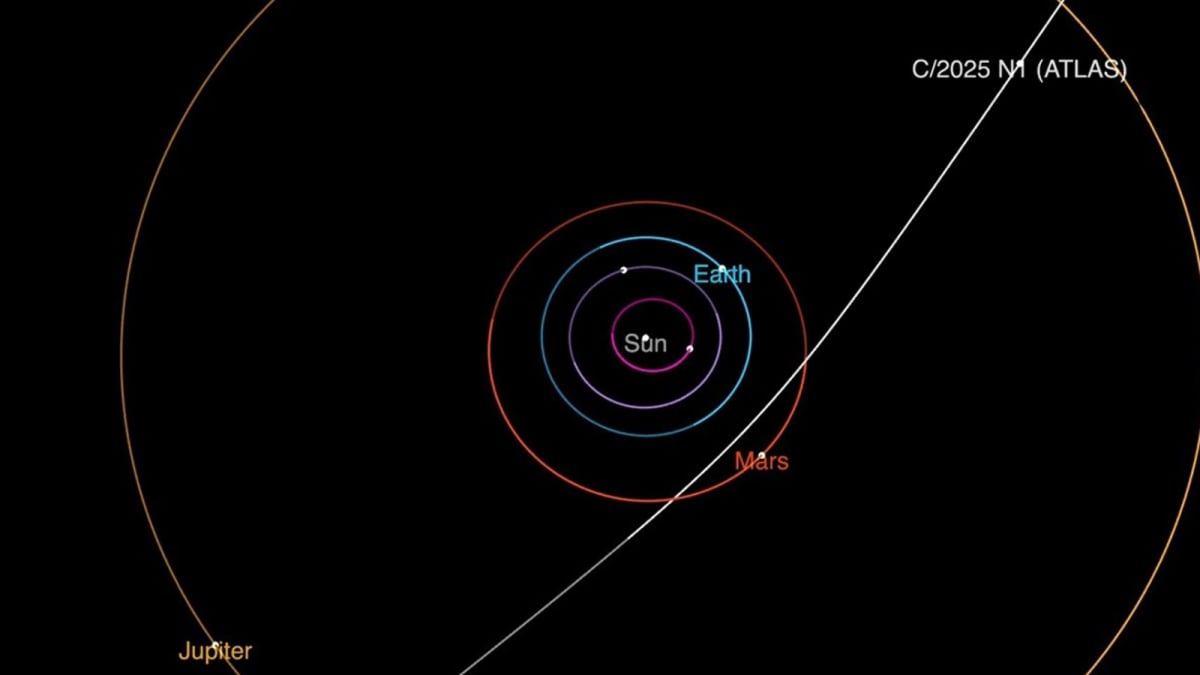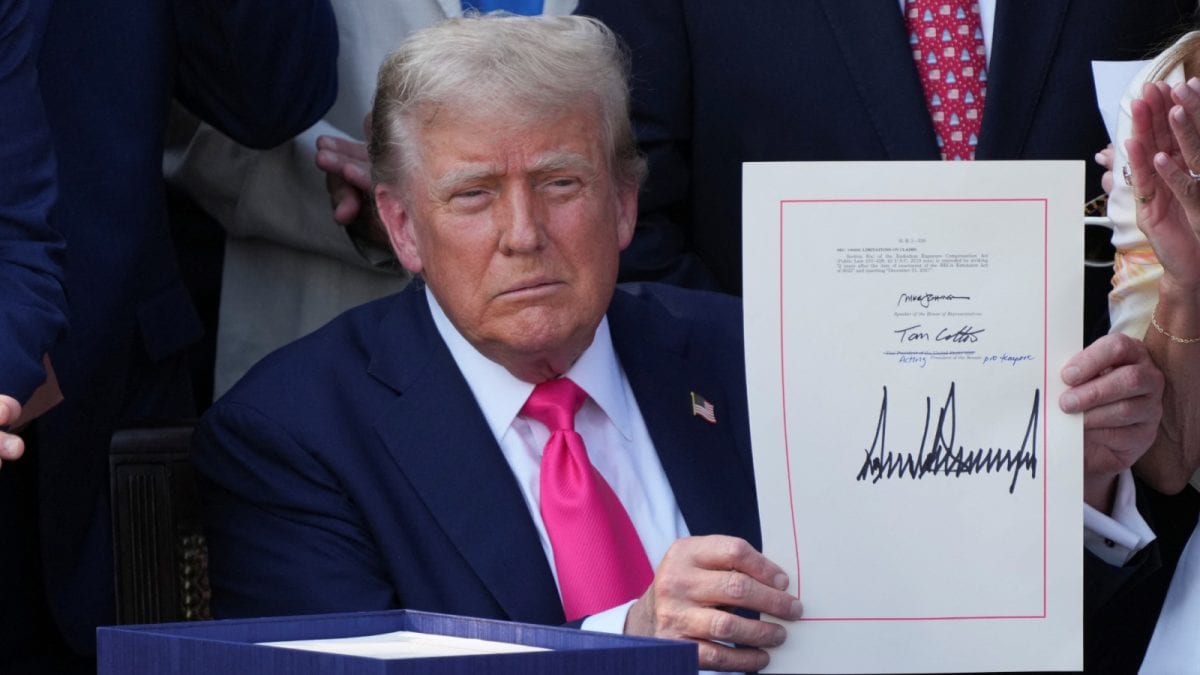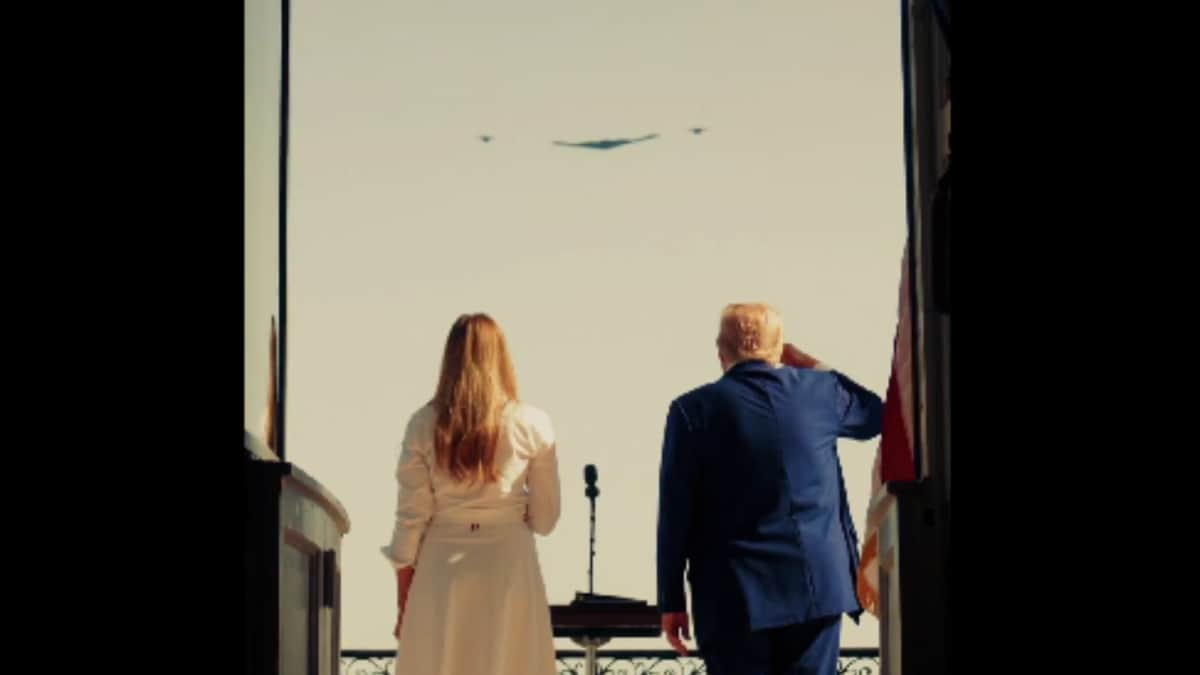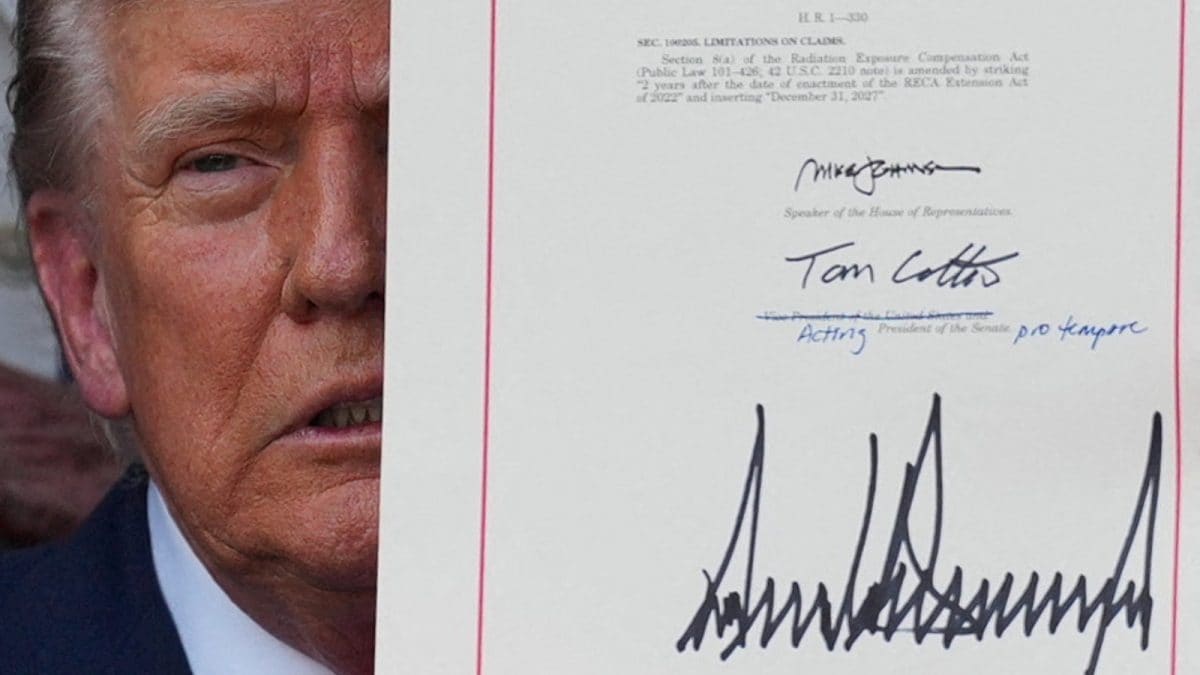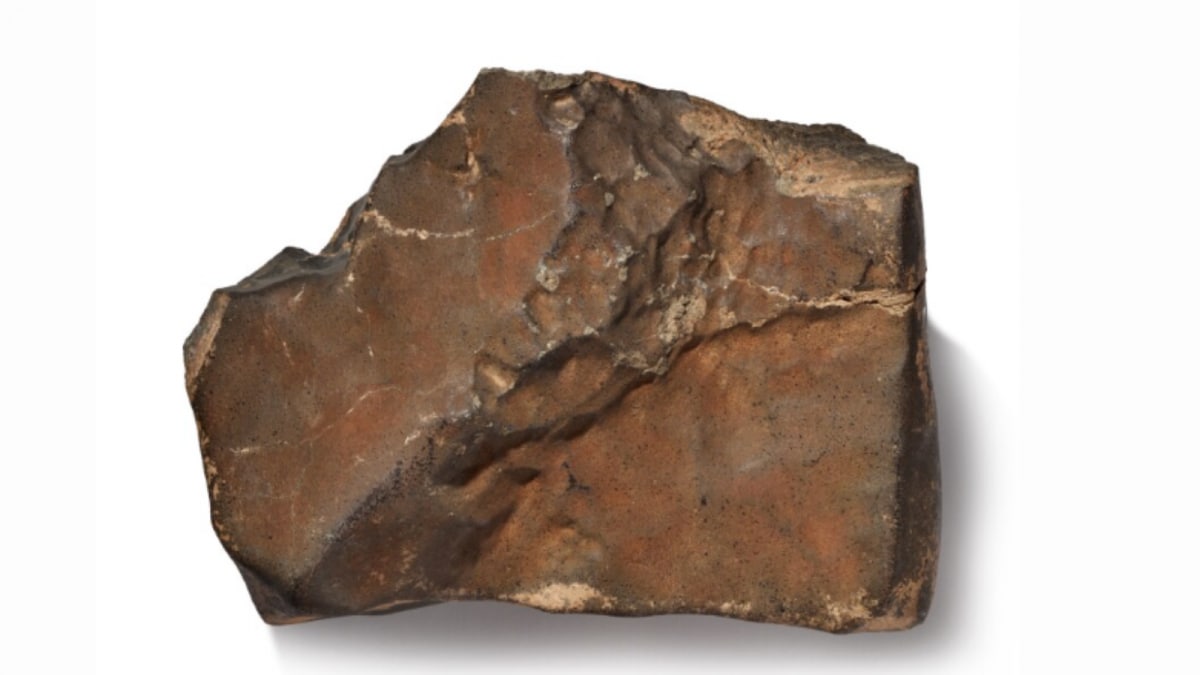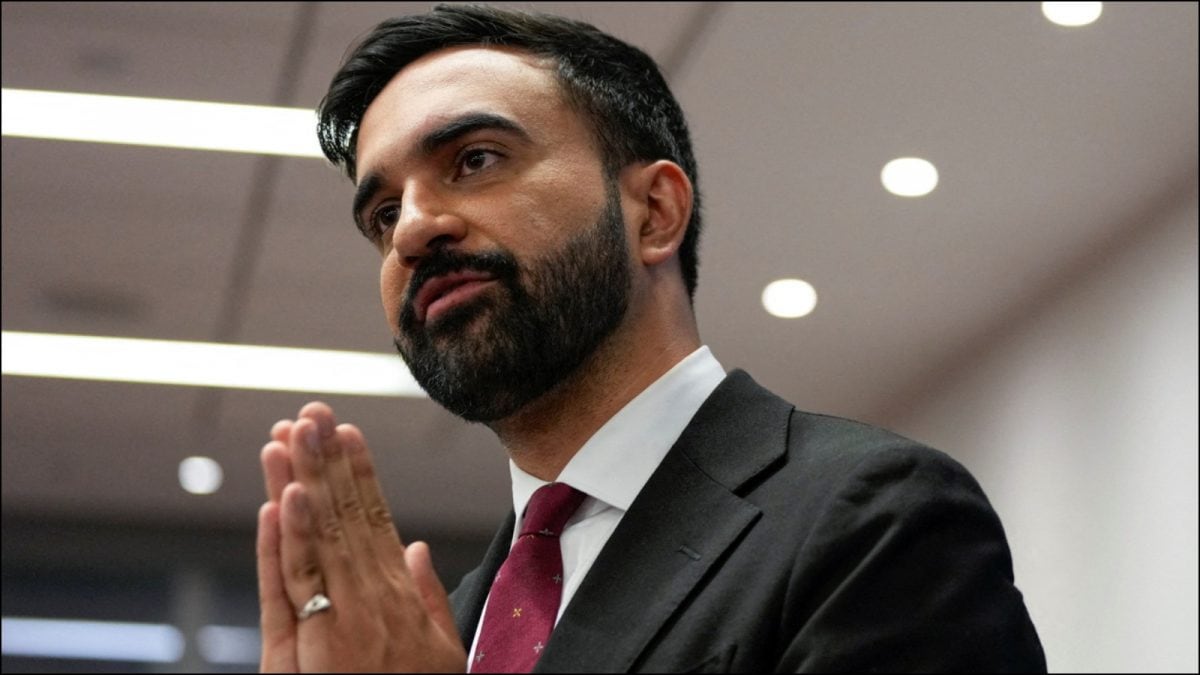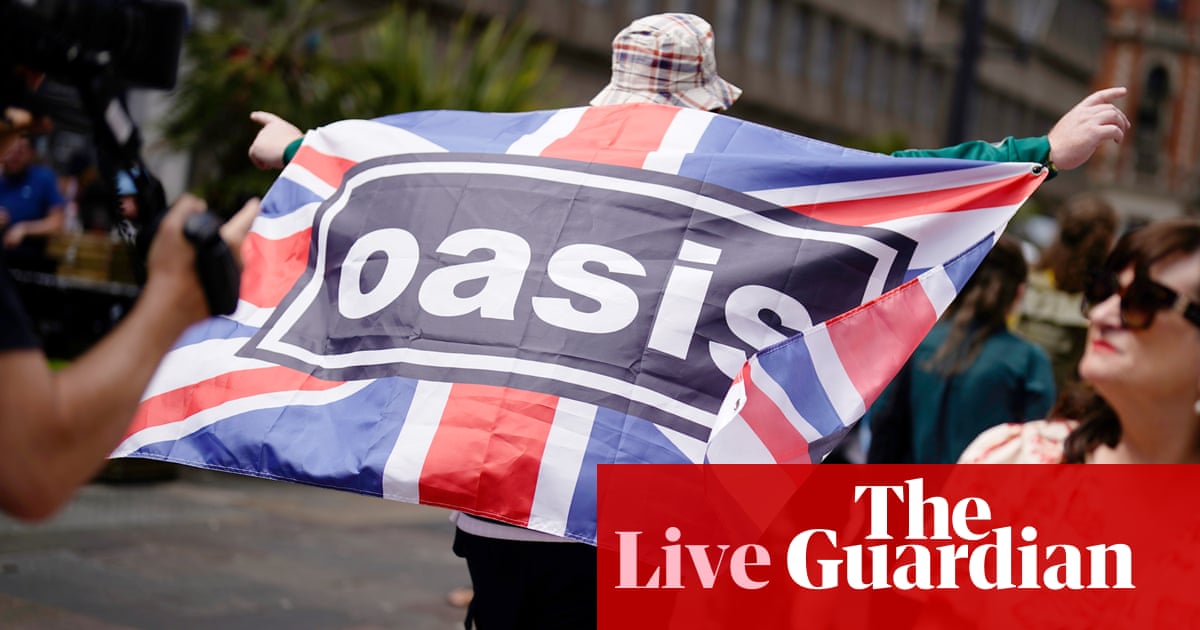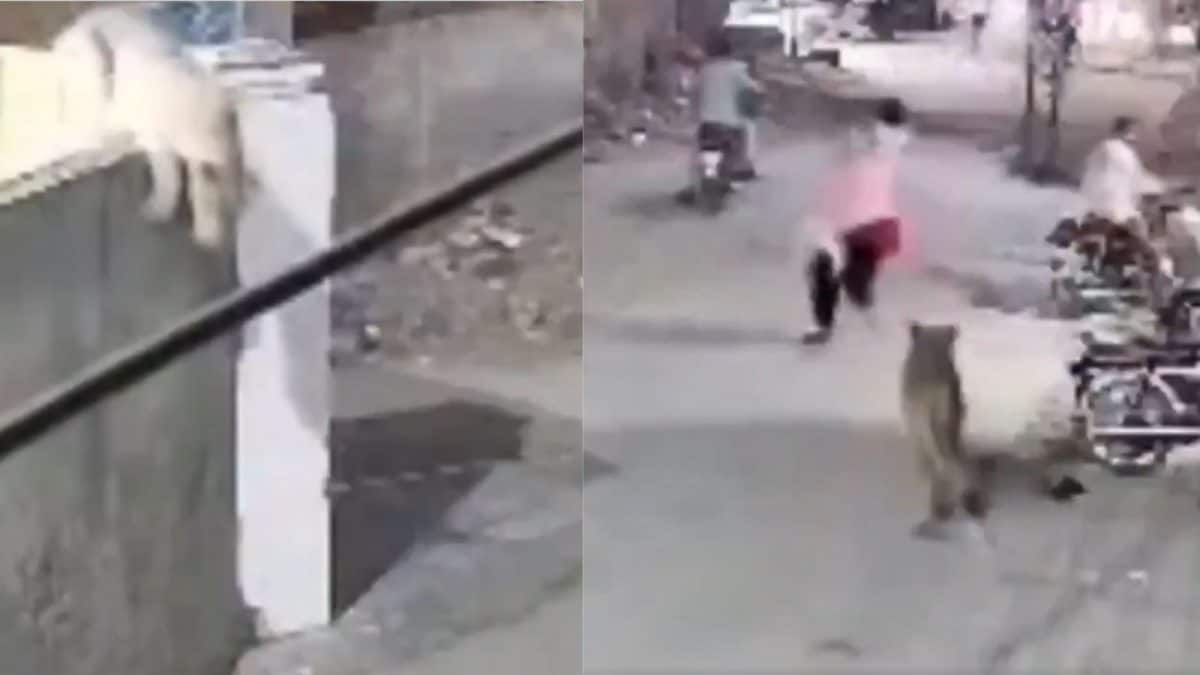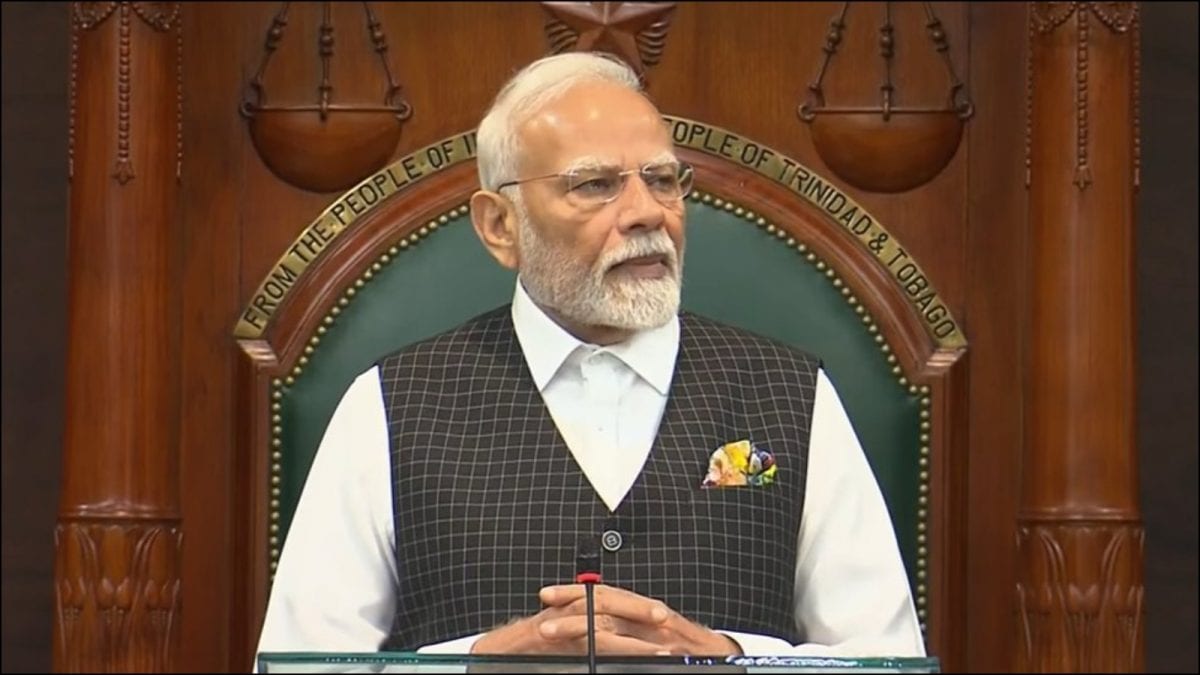A federal judge temporarily blocked the Trump administration from deporting eight migrants to war-torn South Sudan, citing human rights concerns and giving lawyers time to argue their case.

US flag and Judge gavel are seen in this illustration (Image Source: Reuters)
A federal judge briefly halted the Trump administration on Friday from placing eight migrants on a plane destined for conflict-ridden South Sudan, to give lawyers for the men time to make their argument to a court in Massachusetts.
US District Judge Randolph Moss in Washington made the ruling at an emergency hearing on July 4, when courts are otherwise closed for the Independence Day holiday. The group of migrants filed new claims on Thursday after the Supreme Court clarified that a federal judge in Boston could no longer require US Department of Homeland Security to hold them.
The administration has detained the men for six weeks on a military base in Djibouti rather than bring back to the United States.
The order stops the US government from moving the men until 4:30 p.m. Eastern Time. They were scheduled to be removed to South Sudan on a 7 p.m. flight.
The case is the latest development over the legality of the Trump administration's campaign to deter immigration by shipping migrants to locations other than their countries of origin pursuant to deals with other countries.
A lawyer for the US said during the hearing that court orders halting agreed-upon deportations pose a serious problem for US diplomatic relations and would make foreign countries less likely to accept transfers of migrants in the future. The group of men have been convicted of various crimes, with four of them convicted of murder, the U.S. Department of Homeland Security has said.
South Sudan has long been dangerous even for locals. The US State Department advises citizens not to travel there due to violent crime and armed conflict. The United Nations has said the African country's political crisis could reignite a brutal civil war that ended in 2018.
The eight men, who their lawyers said are from Cuba, Laos, Mexico, Burma, Sudan and Vietnam, argue their deportations to South Sudan would violate the US Constitution, which prohibits "cruel and unusual" punishment.
Moss said that he would transfer the case to Massachusetts rather than hear it himself, but remarked that if they proved their allegations about the motives of US authorities, they would likely have a valid claim.
"It seems to me almost self-evident that the United States government cannot take human beings and send them to circumstances in which their physical well-being is at risk simply either to punish them or send a signal to others," Moss said during the hearing.
- Ends
Published By:
Rivanshi Rakhrai
Published On:
Jul 5, 2025

 8 hours ago
8 hours ago

